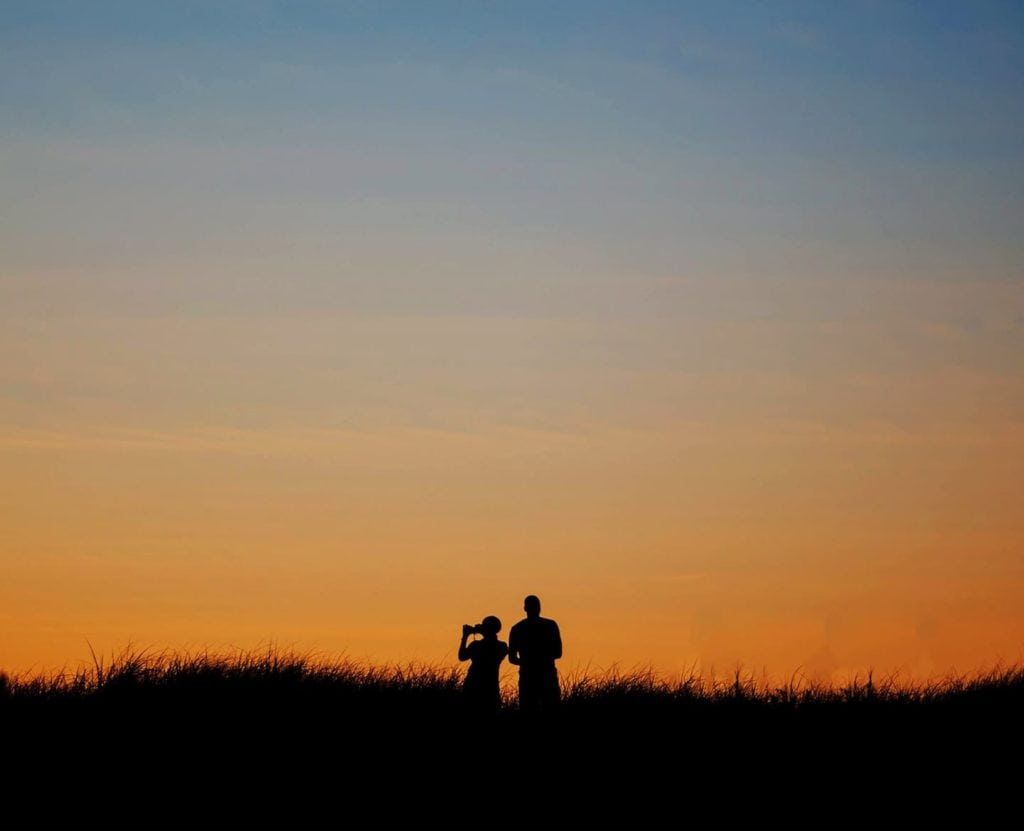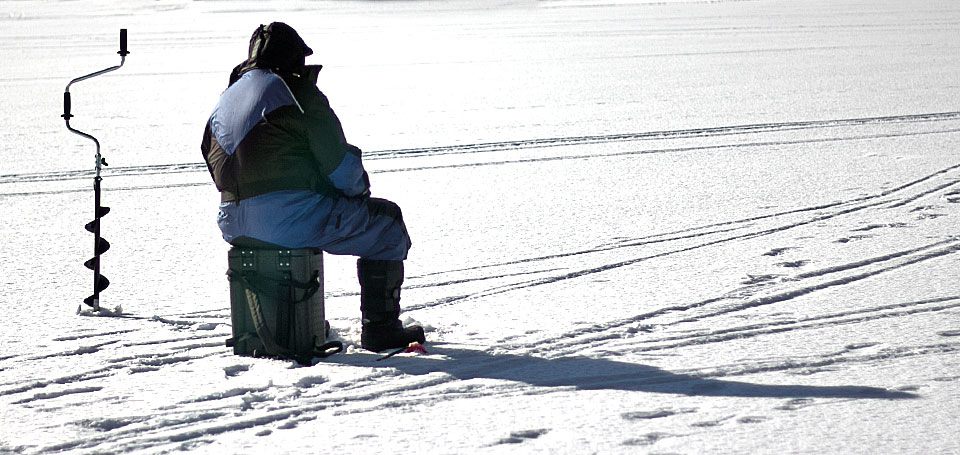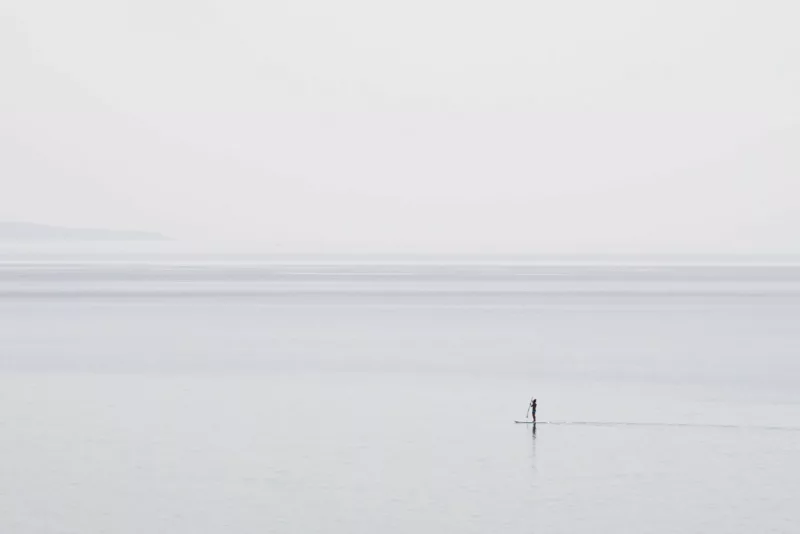
Minimalism might seem incompatible with hobbies essentially because of the amount of stuff we link to having a hobby. If you paint, you’ll need paint, brushes, canvases, and a corner in your house for your hobby; if you practice any sports that involve equipment, you’ll need to acquire and store the equipment – well, you’ll have to buy more things, own more things, and find space for all your things. If you happen to have two – or even several – hobbies, it starts to feel like hell is about to break loose at your clutter-free space.
Are hobbies really that incompatible with minimalism, though? Ironically, we seem to be under the minimalist aesthetic spell, at times. We find ourselves associating minimalism with social media photos under the minimalism hashtag that display naked rooms, almost empty closets, label-free containers, and color palettes. That’s not the way. It’s never enough to remember that minimalism doesn’t have defined rules, that is, it’s a flexible lifestyle. Because it’s flexible, hobbies are more than compatible with minimalism.
But how about the number of things hobbies require us to own? How can we balance having hobbies with being a minimalist?
Table of Contents
Can minimalists have hobbies?
Yes. Minimalists can definitely have hobbies.
As we know by now, minimalism isn’t about not owning things nor is it a competition about having the most empty and beautiful space. Minimalism is about what’s essential and essential items aren’t just the ones we need biologically such hygiene products but also items that we love because they add value to our lives. We, as minimalists, channel our attention and interest towards the things that bring us something good, such as value and utility.
If you’re a minimalist, but you love something and want to make a hobby of it, there shouldn’t be anything stopping you. The only thing you should take into consideration is balance.
How to keep clutter-free while having hobbies

The most significant obstacle for minimalists when it comes to hobbies is control. It’s easy for the hobby shopping to get out of hand – first, you need the basics, then you want something more elaborate, and then you want more and more until you have a cluttered house. Discipline is important and for the sake of a clutter-free house, there are methods to help you contain the number of hobby items you own.
Youtube channel Clear Your Mindset shares a great tip on keeping control: choose a space in your house (a shelf, a bag, a closet, etc., depending on your hobby) to store your hobby items. Then, put the items in the designated space and allow yourself to only buy more items if, and only if, then fit in the designated space. If they don’t have any more space, then you can’t buy anything else.
Basic items for hobbies
Not all hobbies require owning a lot of stuff. In fact, the majority of hobbies can be put in practice with few items, however, every activity has a large number of items associated with it. As a minimalist, you’ll have to choose to buy only the basics, that is, the items you really need to be able to practice your hobby.
Nourishing Minimalism shares a very good list that includes several hobbies and the essential items you should own if you want to practice such hobbies. Remember too, if you can, always buy quality equipment because it will last longer.
Here’s the list, with some changes:
Hiking
Shoes/boots and weather-appropriate clothing
Bird watching
Binoculars and a guidebook.
Fishing
Fishing rod, reel, and minimal tackle.
Running
Trainers and comfortable clothing
Cycling
A bike, shoes and a helmet is really all that is needed.
Collecting sea glass
If you find an abundance at a certain beach, then limit yourself to the most unique piece. The object is to be out in nature, not having a large amount.
Cooking
Experiment with learning different cuisines. Simplify it by cooking that particular cuisine for a month or 2 so you use up the spices and unique ingredients that you purchase. If you don’t care for a certain ingredient, pass it on to someone else. Avoid purchasing gadgets or pots- most meals, of any ethnicity, can be created with limited kitchen equipment.
Boating
Keeping everything simple and including family members makes everything more enjoyable and is perfect for building memories.
Golfing
Just 3 basic clubs and a way to carry them is all you need.
Gardening
Gardening can be done indoors with something as simple as houseplants, herbs, bonsai, or outdoors with a patio garden or large gardens in your yard. Keep it to a manageable amount, where you know you will have the time it needs to devote to it.
Sewing/handcrafts
Purchase your supplies with a clear project in mind. Avoid buying things because they are on sale, or to do “someday”. Get what you need for the project you want to work on and then complete that project before moving on to the next one.
Photography
A good camera is all you need. Get one with a lens that is versatile and will work for a variety of images, rather than getting different lenses. Work with natural light. Delete duplicates or similar shots when you download your images and just post your favorite images on a blog or page.
Painting
Brushes and primary colors that can be mixed. You can purchase canvases as needed, or paint on repurposed wood.
Reading
Kindles are a great way to store books. Libraries, used books, passing them on when you are done are good ways to keep balance.
Writing
Start a blog, public or private. Go for something that is free like blogger or wordpress.org, or journal regularly in a notebook. You don’t need a fancy computer or special programs for blogging and journaling can be done on the computer or in a simple notebook.
Music
I have one son that loves creating music, he has a guitar and a piano and keeps all his notes and records them on his phone, which keeps everything simple. Another son loves listening to music and keeps his collections digital.
Final notes
As you can see, minimalism does well with hobbies. The keywords here are balance and control.
If you have any questions about the whole content or about how to proceed with a specific hobby, leave a comment!


